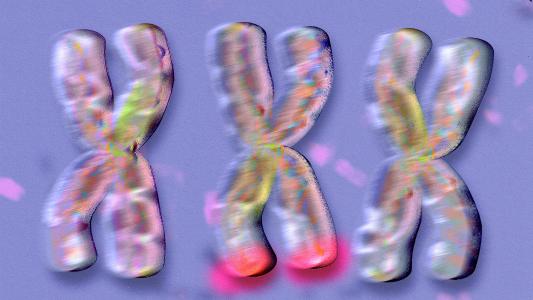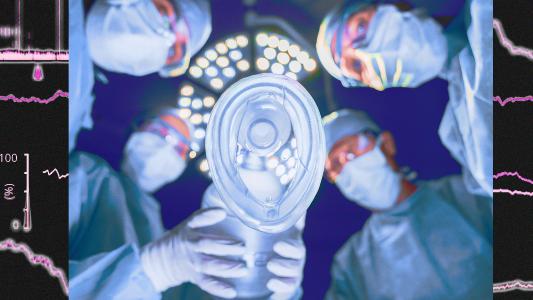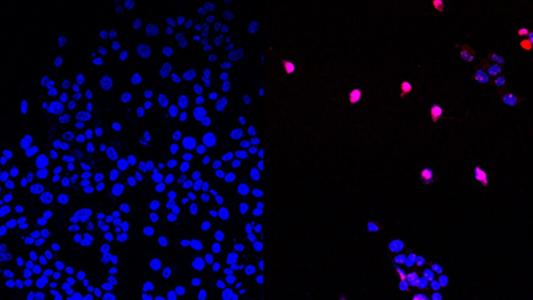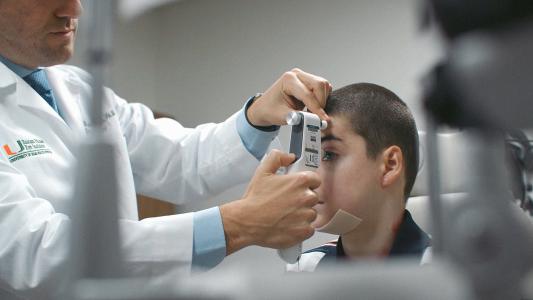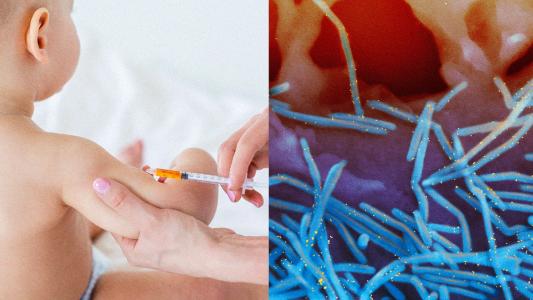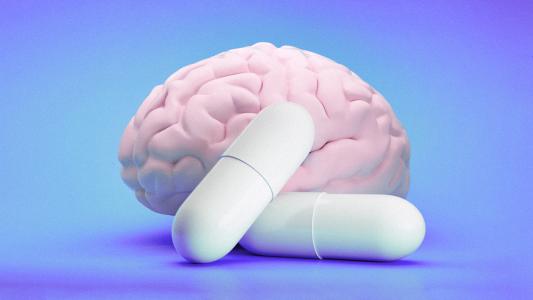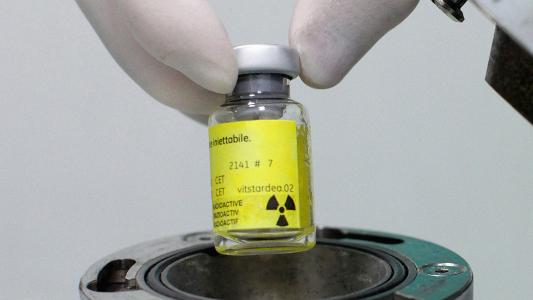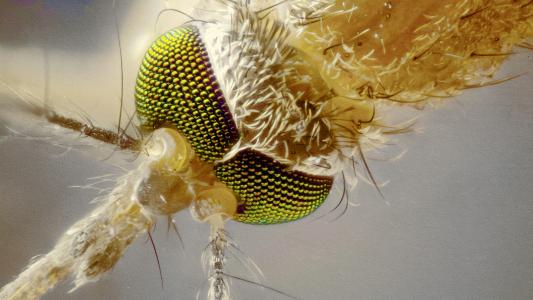Medicine
Weight-loss drug cut the risk of heart attack and stroke by 20% in large trial
The weight-loss drug semaglutide reduced patients’ risk of heart attacks, strokes, or death from heart disease by 20% in a large trial.
Fragile X syndrome often results from improperly processed genetic material
Researchers discovered that the mutated gene responsible for fragile X syndrome is active in most people with the disorder, not silenced.
Study finds tracking brain waves could reduce post-op complications
Researchers found brain wave signatures that could help determine when patients are transitioning into a deep state of unconsciousness.
Targeted therapy kills every type of cancer in the lab
City of Hope researchers are trialing a targeted therapy shown to kill more than 70 types of cancer in preclinical tests.
Immune cells in the brain may reduce damage during seizures and promote recovery
Microglia perform many functions in the brain, and their role in seizures is unclear — a new study in mice aims to find out more.
First-of-their-kind eye drops reverse blindness in teen
A topical gene therapy designed to heal the wounds of people with “butterfly skin disease” has now been used to reverse blindness.
New RSV shot protects babies against dangerous lung infections
The FDA has approved nirsevimab, an RSV shot that protects babies against the leading cause of infant hospitalizations in the US.
ADHD drugs could alleviate symptoms of Alzheimer’s
Scientists reviewed 40 years of clinical studies that assessed the effects of NA-targeting drugs, such as certain ADHD drugs, on Alzheimer’s.
Radioactive drugs are transforming cancer treatment
Radiopharmaceuticals allow doctors to directly target patients' cancer cells and avoid healthy tissue typically damaged by radiation therapy.
Not all repellents are equal – here’s how to avoid mosquito bites this summer
Researchers studied different types of mosquito repellents and their efficacy for over a decade. Here's what they found.

